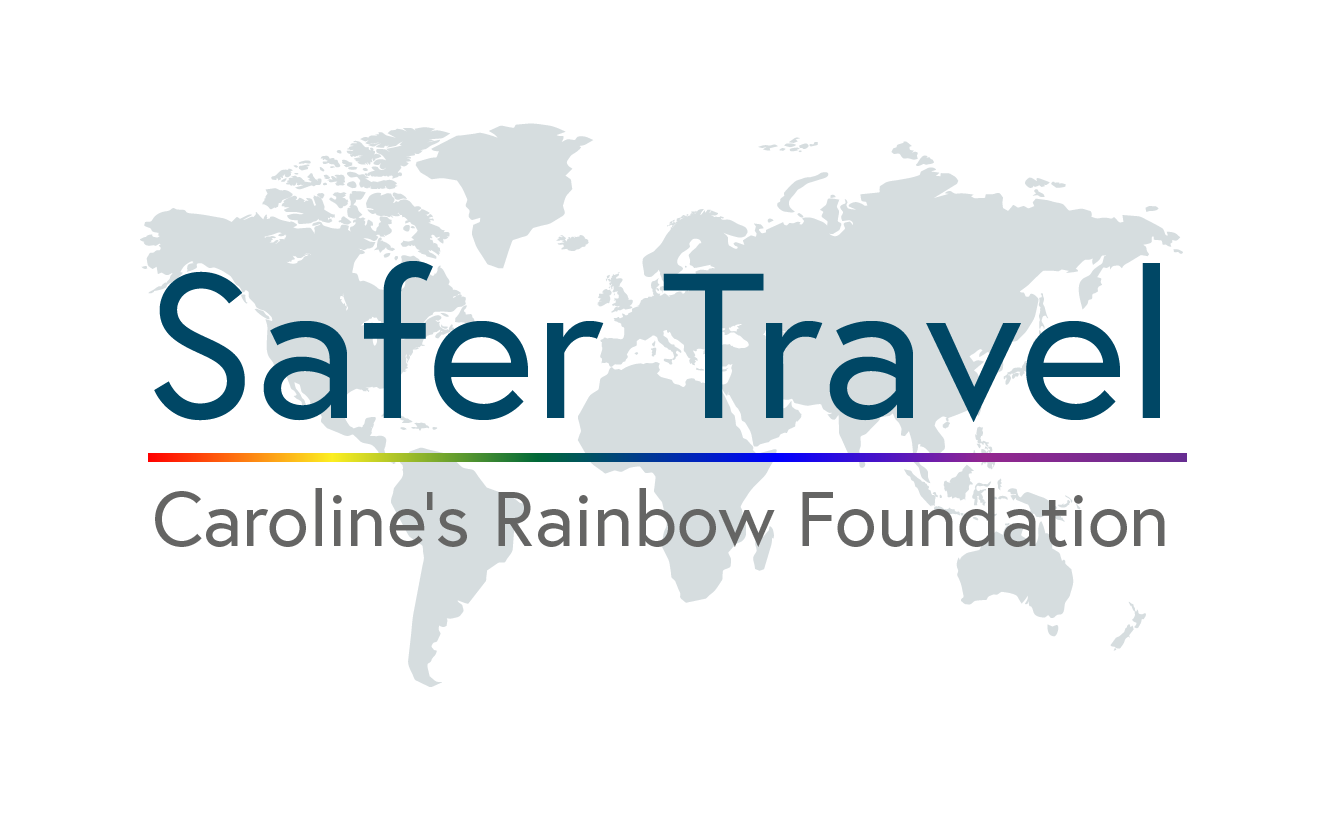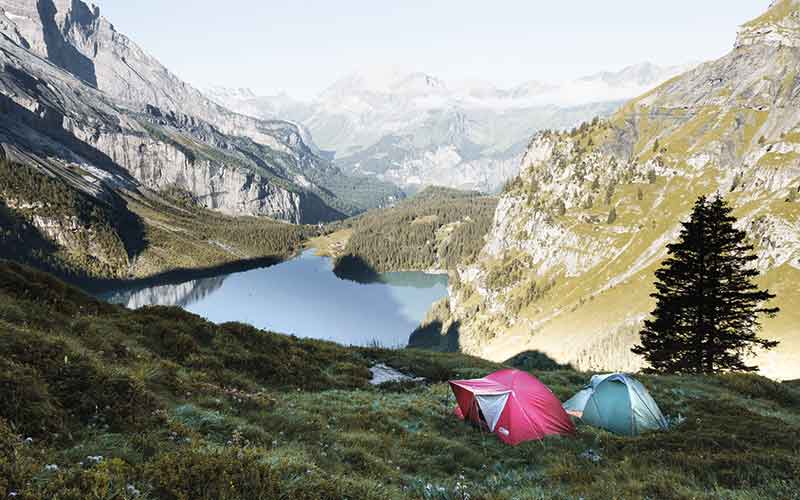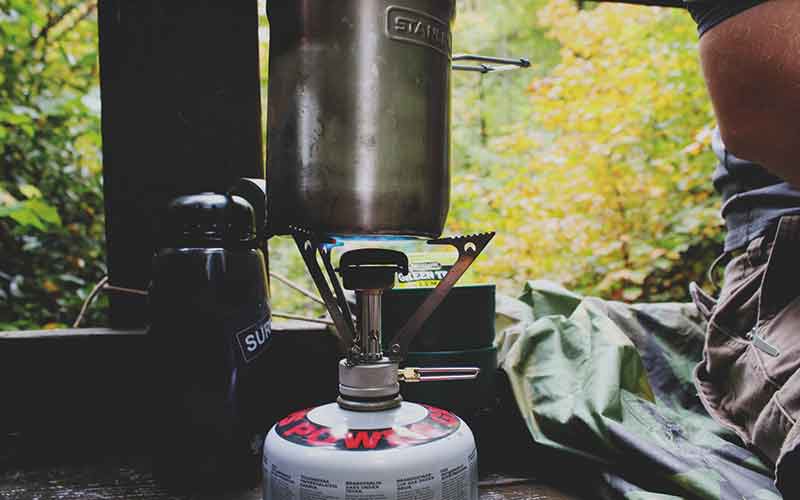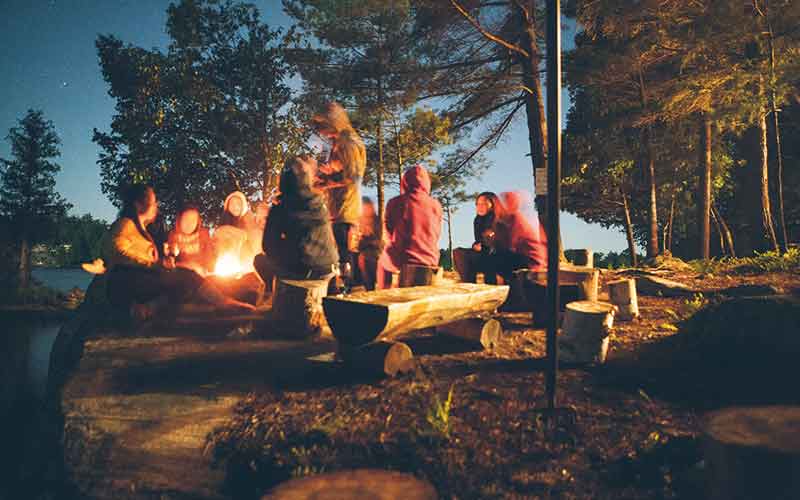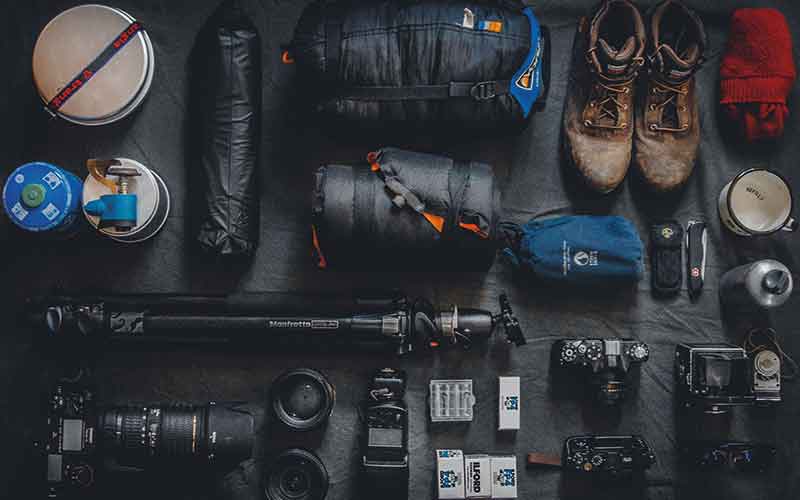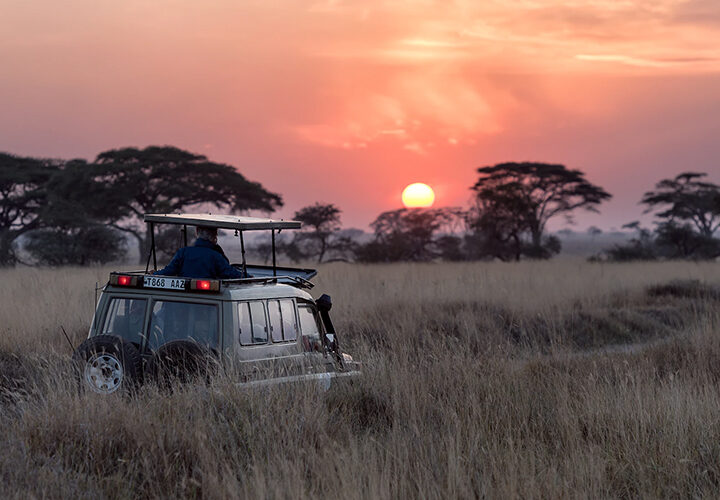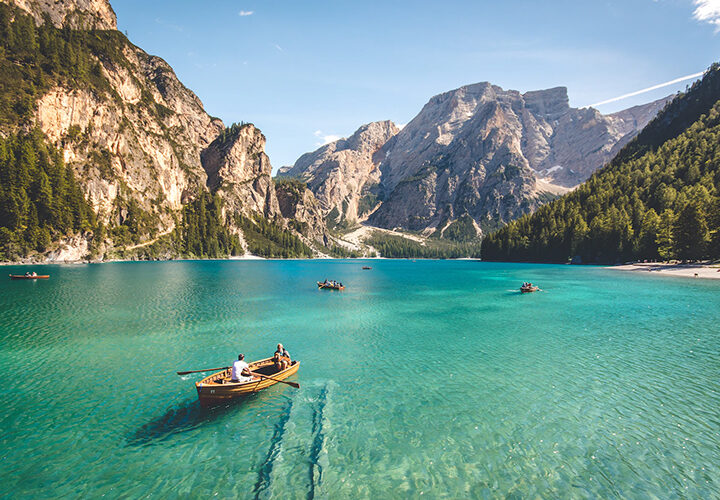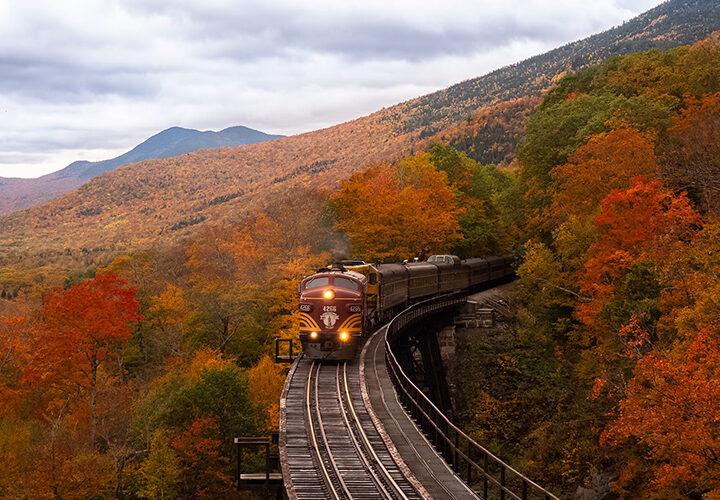Getting Back to Basics: Safety Tips for Camping
There’s something exciting about going camping and feeling isolated from ‘the real world’ while being surrounded by nature. Since so many of us are attached to technology, forced to use it in our jobs and to communicate with friends, it’s nice to spend a weekend away in the woods with no Internet connection. And with so many great mountain ranges, like the Himalayas, Andes and Alps, around the globe, it only makes sense to check a few of these destinations off your bucket list, seek out some incredible camping experiences and be one with nature.
While it’s enticing to get back to the basics and embrace nature, it is important to be safe while camping. There are many safety tips to consider before you head out for a weekend of camping so that you are prepared for anything that you may confront. By keeping in mind these tips before you set out for your adventure, you can ensure that your trip goes off without a hitch and that you and your friends are safe.
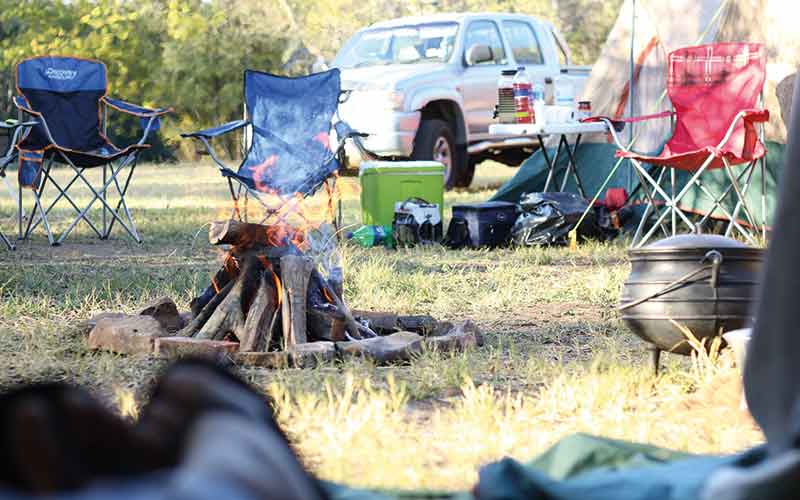
The most extreme consequence of heat loss for the body is hypothermia…
The Dangers of Heat Loss
Even if you plan on taking a trip to a destination like Australia or Africa that has a generally warm climate, you still need to be careful about experiencing heat loss while camping. Our body temperatures are a careful balance, and we lose heat to the environment in several ways, including:
- Conduction
- Convection
- Evaporation
- Respiration
The most extreme consequence of heat loss for the body is hypothermia, but a number of other consequences (like exhaustion, fatigue, violent shivering, and loss of motor coordination) can also occur. In order to stay safe and keep warm while camping, it is clear that you should take all proper precautions to prevent heat loss and wear appropriate clothing. You will also want to bring a sleeping pad and extra socks to reduce moisture.
Prepare for the Best, and the Worst
Another safety measure to take into account is being prepared for both good and bad situations. Even though things will most likely go smoothly, you will want to prepare for the worst thing that can happen – like a bad storm, injury, or encounter with a dangerous animal. Besides bringing the camping staples (tent, change of dry clothes, folding chair, lantern, sleeping bag, etc.), you should always pack a first-aid kit, matches/lighter, fire starters (like newspaper), bear-proof food containers, and a knife or other sharp weapon. This way, you will never be caught off guard if some danger presents itself. It’s always better to be over-prepared than under-prepared – especially if you are visiting a country where you are unfamiliar with the locale.
By considering how to prevent heat loss and being over-prepared for risky situations, you can ensure that you are safe while camping and enjoy the experience fully as you travel the globe.
Written by Lucy Benson
